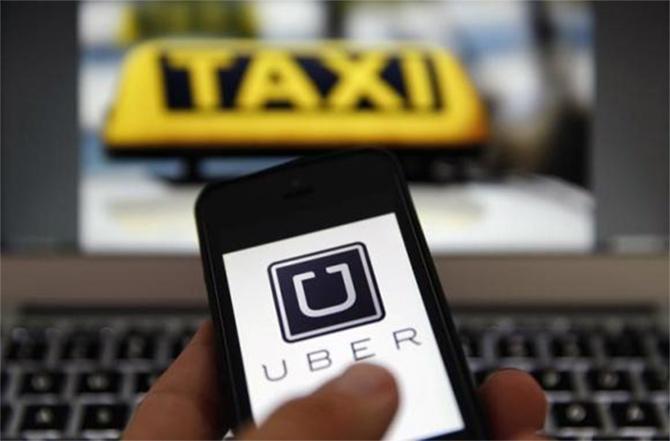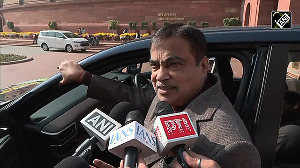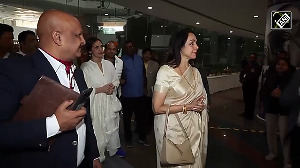Troubles for Uber to escalate as it cannot operate in Delhi unless the court passes favourable judgement.
 The city government has extended the ban on US-based taxi hailing service Uber. In its order passed on the January 1, the Delhi transport authority, which is acting as a quasi-judicial body, has said “there are no grounds to review the ban imposed,” on the company along with its domestic counterpart Ola Cabs.
The city government has extended the ban on US-based taxi hailing service Uber. In its order passed on the January 1, the Delhi transport authority, which is acting as a quasi-judicial body, has said “there are no grounds to review the ban imposed,” on the company along with its domestic counterpart Ola Cabs.
Both the companies have been found to be violating the Motor Vehicle Act since they were plying vehicles with All India Tourist permits within the national capital region.
They were allegedly flouting several other rules such as running non- compressed natural gas (CNG) taxis.
The matter is now listed before the Delhi High Court, which is scheduled to hear the case on Tuesday morning.
“They cannot be operating as they please… They have to follow the rules,” an official of the transport department told Business Standard.
This means the trouble for Uber in Delhi has escalated as the company cannot operate in Delhi unless the court passes a judgment in its favour and revokes the ban.
Also, despite the Radio Taxi Scheme being modified recently to accommodate taxi aggregators, the rules do not go well with the business model of Uber, making its return on the capital’s streets a distant dream.
Web-based taxi companies, including Uber and Ola Cabs, were banned from operating in Delhi on December 8, 2014 after a taxi driver on Uber’s network allegedly raped a 27-year-old woman.
Uber and Ola had approached the Delhi High Court requesting quashing of the ban orders.
The court had directed the Transport Authority to hear the petition and pass an order.
While Ola had managed to receive a stay on the ban order, Uber was directed to appear before the transport department. After the January 1 judgment, even Ola will have to stop its operations in Delhi once again.
“The issue is that they have been operating All India tourist vehicles in violation of the provisions of the Motor Vehicle Act. Tourist vehicle can start from somewhere in Delhi and have to go outside Delhi, other than that the local taxis have to operate on CNG, according to the M C Mehta judgment,” said the official.
“Let’s see what happens next; the court has to hear the matter now,” the person added. In its order against Uber, the department said, "...they (Uber) provide a simple taxi service by transporting people from one point to another through a vehicle driven by a driver for a fee, which is collected by the petitioner company directly from the passenger.
They are thus, a taxi, pure and simple, since they connect a passenger with a taxi, through a smart based App, is no different from connecting one through simple telephone or mobile or Radio.
Hence, being a taxi service provider they are required to follow the law of the land and by using an AITP (All India Tourist Permit) taxi for local point to point drop, as in the present case, the petitioner has violated the prevailing law of the land and as it was not registered, which again was a violation...”
It added that on one hand Uber is the face that provides the taxi service, “but clandestinely denies its role through legal backdoor by getting into such agreements with the Transport Provider of which the passenger (consumer) has no inkling of.
Therefore, the petitioner company is engaged in committing a fraud with the life and liberty of its customers, without their explicit knowledge thereof, as in their advertisements, they claim of providing safe and responsible journey to them." An Uber spokesperson said that the company is aware of the fresh order but did not have any comments to offer at this stage.
Ola did not respond immediately to Business Standard queries.
Over the past few weeks, Uber has introduced new India-specific safety features to strengthen existing mechanisms. While the amended Radio Taxi norms allow not only fleet owners but also aggregators to get licences, the regulations make it impossible for companies such as Uber and Ola to operate under their current business model.
Any firm seeking a licence in Delhi — be it a fleet owner or an aggregator — will have to meet many mandatory requirements such as having prefixed calibrated meters in its cars, along with a GPS device. All cars on the network will also have to run on CNG. An LCD display panel has to be put on the roof of the car to indicate its a radio taxi and whether it is available or not.
The colour of the radio taxi should be white, with a coloured strip on both sides of the taxi, prominently displaying the name of the licencee, according to the new rules. In a response to the amended regulations, Uber had said that it was not a radio taxi company and that the Transport Department’s amendments to the radio taxi scheme did not help the company serve its riders and partner drivers in Delhi.
“It also does not accurately reflect the primary role that the Information Act 2000 plays in regulating intermediaries like Uber. We are committed to working with the government to develop regulations based on a shared commitment to safety and a vision for how technology can improve the transportation environment in major urban areas in India,” Uber stated.











